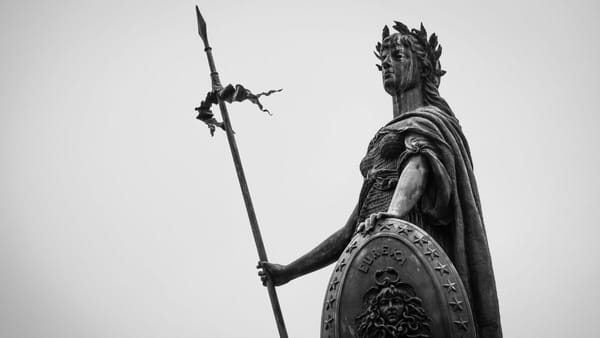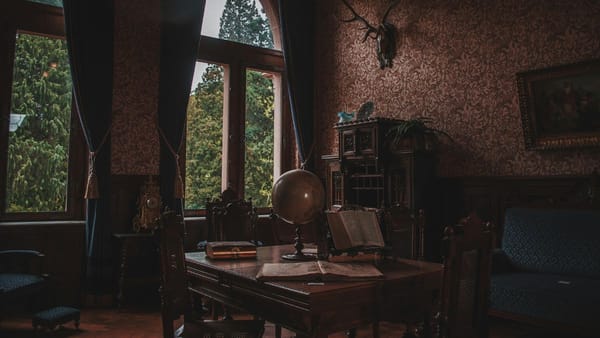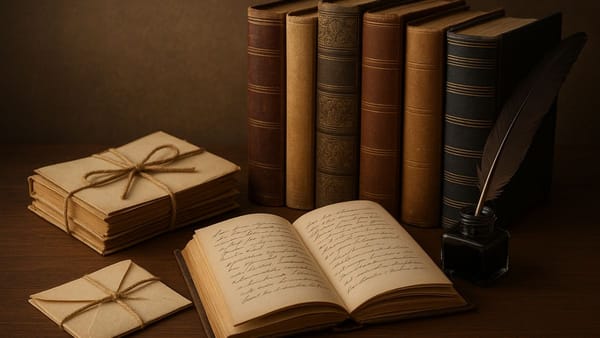In today's rapidly changing political climate, we're constantly bombarded by instant opinions, superficial debates, and quick-fix ideologies. Yet, beneath the noise, classic political literature quietly offers deeper reflections—insights rooted in timeless human truths. Exploring these influential political books allows us to see beyond surface-level arguments, prompting genuine contemplation of power, freedom, justice, and society.
Timeless Political Classics That Transform Our Perspective
Classic political literature isn't merely about governance and ideology; it's about who we are and how we choose to live together. These books illuminate not just political systems but the deeper human struggles that drive history. From Plato’s philosophical examinations of justice to Orwell's chilling warnings about authoritarianism, each classic book offers invaluable wisdom, revealing the timeless nature of political power struggles and the ever-relevant quest for human dignity.
The Republic by Plato
In "The Republic," Plato crafts a profound dialogue examining justice, truth, and the ideal state. Set as a conversation between Socrates and his friends, it explores what constitutes a just society and the role of philosophy and morality in leadership. Plato's allegory of the Cave continues to resonate today, urging us to question whether we genuinely understand reality or remain trapped in mere shadows. Readers interested in philosophy classics will appreciate Plato’s enduring insights, prompting a deeper reflection on contemporary politics and societal structures.
Politics by Aristotle
Aristotle's "Politics" offers practical wisdom, investigating the purpose and function of government. Aristotle argues famously that humans are inherently political creatures whose happiness is deeply tied to community life. With analytical rigor, he compares various forms of government, from democracies to oligarchies, underscoring the strengths and weaknesses inherent to each. His realistic, nuanced approach is essential reading for anyone seeking a grounded understanding of political theory, echoing relevantly across centuries into our contemporary debates.
Leviathan by Thomas Hobbes
In "Leviathan," Hobbes paints a stark picture of human nature, describing life without governance as "solitary, poor, nasty, brutish, and short." Arguing the necessity of strong, centralized authority to prevent societal collapse, Hobbes introduces the concept of the social contract. This influential work remains a cornerstone in political thought, compelling us to examine the balance between individual liberty and collective security—a tension ever-present in political discourse today.
The Prince by Niccolò Machiavelli
"The Prince" remains notorious for its candid exploration of political power. Machiavelli boldly examines practical statecraft, emphasizing pragmatism over idealism. This controversial guide suggests rulers should prioritize effectiveness over morality when maintaining authority. Often misinterpreted as merely cynical, Machiavelli’s insights actually provide an honest critique of political realities, challenging readers to reconsider simplistic notions of right and wrong within governance.
On Liberty by John Stuart Mill
Mill’s "On Liberty" passionately advocates for individual freedom, laying the groundwork for modern liberal thought. He argues that personal liberty is essential for human progress and that society must protect individual expression against oppressive norms and majoritarian rule. Mill’s influential work prompts readers to ponder the delicate balance between individual rights and societal needs, making it an enduringly relevant classic.
Democracy in America by Alexis de Tocqueville
Tocqueville's observations in "Democracy in America" remain strikingly insightful. Exploring American democracy in its early years, he highlights the strengths and potential pitfalls of democratic societies. Notably, he warns of "the tyranny of the majority" and the subtle erosion of freedoms through conformity. This insightful historical classic provides a mirror to today's democracies, encouraging critical self-reflection about our current political landscape.
The Communist Manifesto by Karl Marx and Friedrich Engels
Few texts have shaped political discourse as profoundly as "The Communist Manifesto." Marx and Engels vividly critique capitalist systems, advocating for radical social transformation. This revolutionary classic continues to ignite debates around inequality, economic power, and the potential for systemic change. Even readers skeptical of Marx’s solutions benefit from understanding his incisive analysis of societal structures.
Animal Farm by George Orwell
Orwell's allegorical novella "Animal Farm" brilliantly captures the dynamics of political revolution and subsequent corruption. Though deceptively simple, it incisively critiques totalitarianism and warns against naive idealism in revolutionary movements. Often discussed among dystopian classics, "Animal Farm" challenges readers to remain vigilant about political manipulation and power's corrupting influence.
The Social Contract by Jean-Jacques Rousseau
Rousseau’s influential work asserts that legitimate authority arises from a collective agreement among citizens. "The Social Contract" presents a revolutionary vision of governance based on general will and collective responsibility. His radical concepts deeply influenced modern democratic ideals, reminding us continually of the delicate balance required in establishing true political freedom.
1984 by George Orwell
In "1984," Orwell presents a chilling vision of totalitarian control. The novel explores themes of surveillance, propaganda, and freedom of thought, capturing the horrifying extremes to which unchecked power can lead. "1984" remains not only a cornerstone of dystopian literature but also a profound commentary on human autonomy and resistance against oppressive authority, a critical read in our surveillance-saturated era.
Beyond Systems: Awakening to Timeless Wisdom
Exploring political classics isn’t merely academic; it’s about awakening to the timeless currents beneath political and social structures. These books highlight that societal transformation begins with inner awareness, challenging us to reflect beyond surface solutions and ideological battles. Works like Plato’s "Republic" and Orwell’s "1984" aren't just about better governance—they question the very illusions we live by. Just as literary classics on peace explore deeper human truths, political classics invite profound contemplation of power, freedom, and our shared humanity. These books remind us that true societal change arises from awakened individuals who recognize the shadows of Plato's Cave and step boldly toward authentic living. The lessons these classics offer remain eternally relevant, guiding us toward more conscious, compassionate societies.
Thanks for reading. If this list helped you discover something new — or rediscover something old — you’re welcome to keep exploring:

















